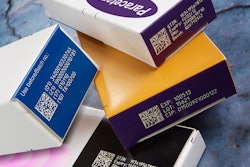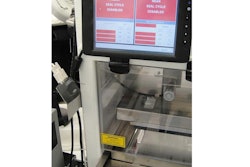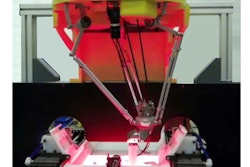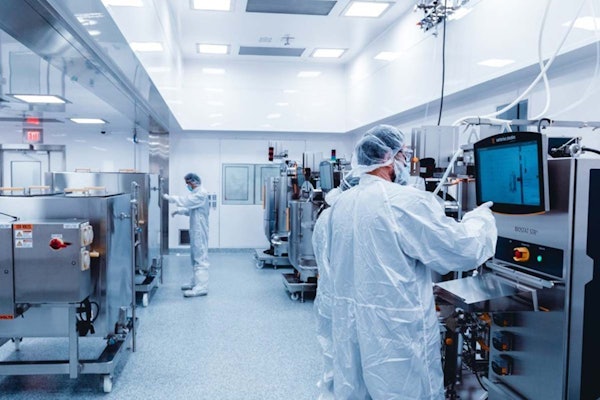As the selected provider, ASTM International will manage the Certification Program for Biobased Products, which will determine the product and package biobased content for manufacturers and vendors that choose to participate. The products will be tested by an outside accredited laboratory according to ASTM standard D6866, Test Methods for Determining the Biobased Content of Solid, Liquid and Gaseous Samples Using Radiocarbon Analysis.
Kenneth Pearson, ASTM International senior vice president who oversees certification programs, notes the benefits of ASTM's involvement, "ASTM's role in the biobased labeling program puts our strengths to work on behalf of manufacturers who want to demonstrate their commitment to renewable resources, the labs that will provide the testing and the consumers interested in buying such goods."
ASTM standard D6866, which is the responsibility of ASTM Committee D20 on Plastics, can be used for products containing carbon-based components that can be combusted in the presence of oxygen to produce carbon dioxide gas. According to the USDA, tested biobased products with the appropriate content from renewable sources should reduce petroleum consumption, reduce adverse environmental and health impacts, and improve economic development by creating new jobs and providing new markets.
In 2002, USDA launched the BioPreferred program to identify biobased products, those with renewable plant, animal, marine or forestry materials as their main ingredients. The Biobased Labeling initiative, launched in February 2011, demonstrates that an individual product has been tested and certified to have the minimum biobased content determined for a particular USDA identified product category or be at least 25 percent biobased for those products where a product category has not yet been established. According to USDA Deputy Secretary Kathleen A. Merrigan, "With a plethora of labeling claims in the marketplace, consumers want to know that what they are investing their dollars in is meaningful, that it is backed by some sort of certification. ASTM, working with USDA, will provide that certification."
Click here to begin the process to have a product or packaging certified for the biobased program.
Once accepted into the program, manufacturers will be directed to the ASTM Certification Program for Biobased Products.
Kenneth Pearson, ASTM International senior vice president who oversees certification programs, notes the benefits of ASTM's involvement, "ASTM's role in the biobased labeling program puts our strengths to work on behalf of manufacturers who want to demonstrate their commitment to renewable resources, the labs that will provide the testing and the consumers interested in buying such goods."
ASTM standard D6866, which is the responsibility of ASTM Committee D20 on Plastics, can be used for products containing carbon-based components that can be combusted in the presence of oxygen to produce carbon dioxide gas. According to the USDA, tested biobased products with the appropriate content from renewable sources should reduce petroleum consumption, reduce adverse environmental and health impacts, and improve economic development by creating new jobs and providing new markets.
In 2002, USDA launched the BioPreferred program to identify biobased products, those with renewable plant, animal, marine or forestry materials as their main ingredients. The Biobased Labeling initiative, launched in February 2011, demonstrates that an individual product has been tested and certified to have the minimum biobased content determined for a particular USDA identified product category or be at least 25 percent biobased for those products where a product category has not yet been established. According to USDA Deputy Secretary Kathleen A. Merrigan, "With a plethora of labeling claims in the marketplace, consumers want to know that what they are investing their dollars in is meaningful, that it is backed by some sort of certification. ASTM, working with USDA, will provide that certification."
Click here to begin the process to have a product or packaging certified for the biobased program.
Once accepted into the program, manufacturers will be directed to the ASTM Certification Program for Biobased Products.
Companies in this press-release





















